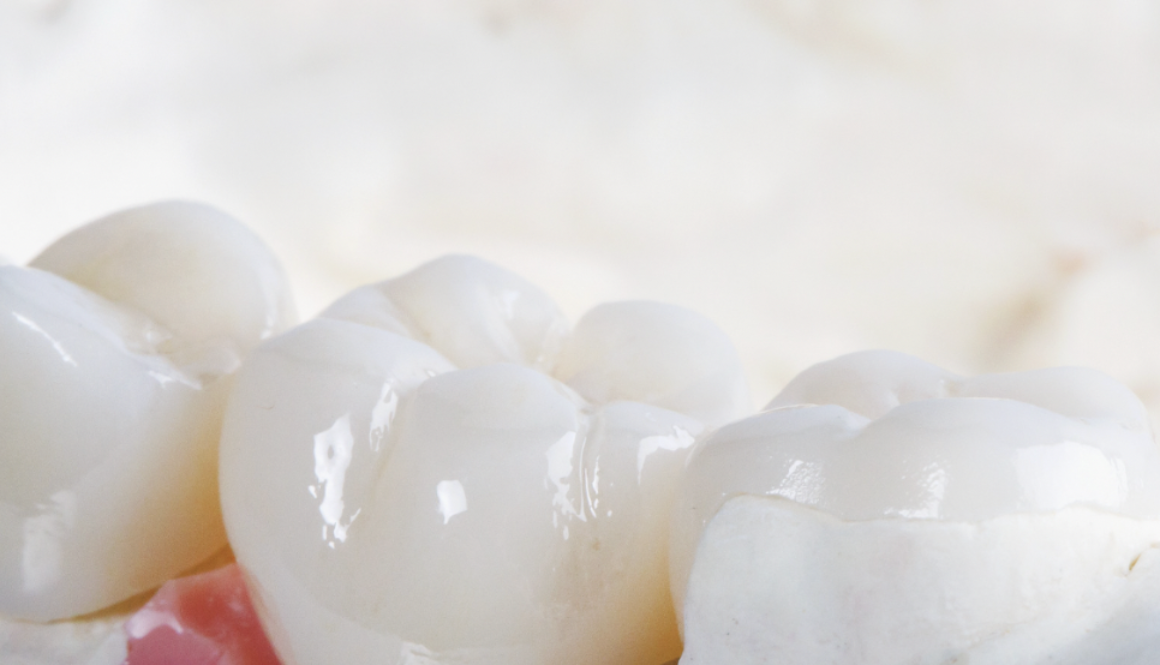What Are Dental Crowns and When Are They Needed?
When it comes to dental care, there are various procedures aimed at restoring the health and appearance of teeth. One such common and versatile solution is the dental crown.
In this comprehensive guide, we’ll delve into what dental crowns are, the scenarios that necessitate their use, the different types available, the procedure involved, and their significance in maintaining oral health.
What Are Dental Crowns?
Dental crowns, often referred to as caps, are prosthetic devices shaped like a tooth that encase the entire visible portion of a natural tooth or a dental implant. These crowns can be made from various materials such as porcelain, ceramic, metal alloys, or a combination of materials like porcelain fused to metal (PFM) or porcelain fused to zirconia. Their primary function is to restore the tooth’s shape, size, strength, and appearance while enhancing its overall functionality.
When Are They Needed?
Damaged Tooth
Dental crowns are often recommended for teeth that have suffered extensive damage due to decay, cracks, or trauma. When a tooth’s structure is weakened, a crown becomes essential to protect it from further harm.
Following a Root Canal
After undergoing root canal therapy, where the natural tooth structure is hollowed out to remove infected tissue, a dental crown is placed over the treated tooth to provide strength and prevent fracturing.
Large Fillings
Teeth with substantial fillings or those that have undergone multiple fillings might require crowns to reinforce the remaining tooth structure.
Missing Tooth:
Crowns are integral components of dental bridges or implants. They cap the abutment teeth in a bridge or cover the dental implant to replace a missing tooth, restoring function and aesthetics.
Cosmetic Enhancement
Cosmetic reasons, such as correcting severely discoloured or misshapen teeth, also prompt the use of dental crowns for a more pleasing appearance.
Types of Dental Crowns:
Porcelain Crowns
These crowns closely resemble natural teeth in colour and are a popular choice for front teeth due to their aesthetic appeal.
Metal Crowns
Typically made from gold alloy or other metal alloys, these crowns are durable and often recommended for back teeth due to their ability to withstand biting and chewing forces. Stainless steel crowns are also common, especially for primary teeth in children.
Porcelain Fused to Metal (PFM) Crowns
These combine the strength of metal with the natural appearance of porcelain and are suitable for both front and back teeth.
All-Ceramic Crowns
Known for their excellent aesthetic qualities, these crowns are entirely made of ceramic material and are preferred for their natural appearance.
Zirconia Crowns
Known for their strength and durability, zirconia crowns are a popular choice, especially for posterior teeth.
Dental Crown Procedure:
The process typically involves multiple dental visits:
- Assessment and Preparation: During the initial visit, the dentist assesses the tooth, prepares it by removing the outer portion to make space for the crown, and takes impressions to create the crown.
- Temporary Crown Placement: Temporary crowns are often placed while the permanent crown is being fabricated at a dental lab.
- Final Placement: In the subsequent visit, the temporary crown is removed, and the new crown is placed and adjusted for fit and bite. Once the fit is confirmed, the permanent crown is cemented in place.
Importance of Dental Crowns:
Dental crowns play a crucial role in preserving natural teeth, preventing further decay or damage, and restoring optimal function. They maintain the integrity of weak or damaged teeth, protect against fractures, and ensure proper alignment and distribution of biting and chewing forces. Additionally, they aid in maintaining overall oral health by preventing surrounding teeth from shifting and averting further dental complications.
Book Your Dental Crown Consultation Today!
Dental crowns serve as valuable tools in modern dentistry, offering solutions to a wide array of dental issues. Understanding their purpose, the various types available, and the procedure involved can help individuals make informed decisions regarding their oral health.
Whether it’s preserving a damaged tooth, enhancing aesthetics, or restoring functionality, dental crowns play a pivotal role in maintaining a healthy and confident smile. Get in touch with Chrysanth Dental today to find out if dental crowns are the right solution for you!

